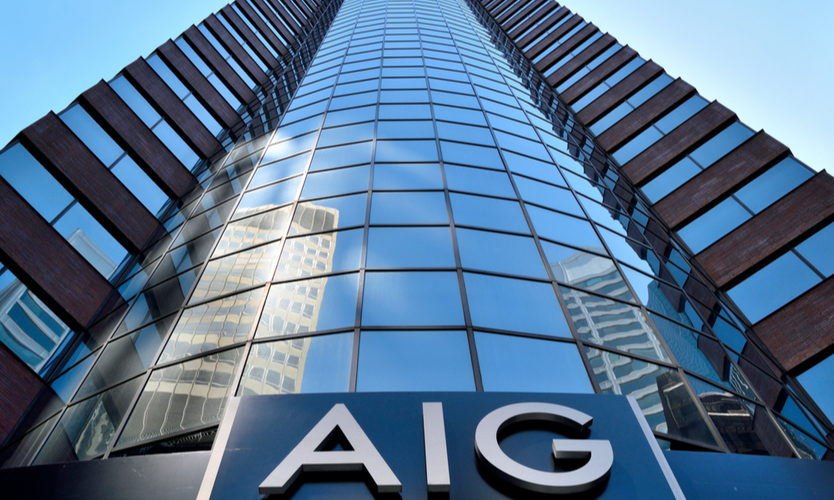AIG reports smaller-than-expected rise in profit
- November 5, 2025
- Posted by: Web workers
- Category: Finance

(Reuters) — American International Group Inc. Wednesday reported a smaller-than-expected rise in second-quarter profit, hurt by lower underwriting income in its general insurance unit tied to divestitures and higher catastrophe losses.
Adjusted after-tax income attributable to common shareholders climbed to $1.16 per share from $1.06 in the year-earlier period. Analysts on average had expected $1.30 per share, according to LSEG data.
“The core fundamentals were exceptional in a quarter that included the complex accounting treatment of deconsolidation along with prior-year divestitures,” AIG CEO Peter Zaffino said in a statement.
AIG, one of the world’s biggest commercial insurers, said net premiums written in its general insurance arm rose 7% on a comparable basis in the quarter, driven by growth in global commercial lines.
Individuals and businesses are reviving spending on their insurance policies, allowing insurers to attract and retain clients despite higher prices in some cases.
Meanwhile, insurers’ investment income has been bolstered by buoyant U.S. equity markets on the back of a steady economy and expectations of interest-rate cuts.
AIG’s total consolidated net investment income rose 18% to $990 million, boosted by higher income from fixed-maturity securities and loans and dividends received from Corebridge Financial.
The company spun off its life and retirement business into Corebridge Financial in 2022 following years of pressure from activist investors.
AIG’s general insurance underwriting income fell 28%, as the year-earlier quarter included the divested businesses, but it rose 2% on a comparable basis.
Catastrophe losses were $325 million, mainly related to U.S. storms and Middle East rains.
AIG’s general insurance accident year combined ratio was 87.6%, compared with 88% in last year’s second quarter. The metric excludes catastrophe losses, and a ratio below 100 signifies that the insurer earns more from premiums than it pays out in claims.



